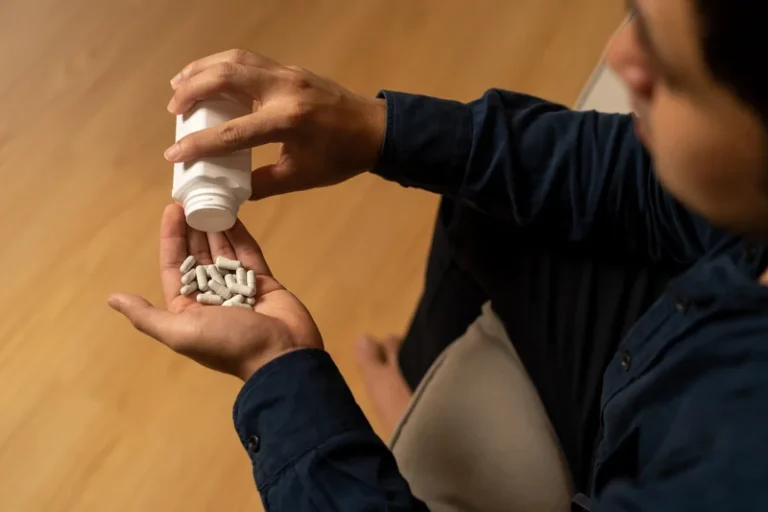
Join 40,000+ People Who Receive Our Newsletter Get valuable resources on addiction, recovery, wellness, and our treatments delivered directly to your inbox. You might wonder if you can continue to enjoy a glass of wine with dinner or your favorite craft IPA. The answer drug addiction treatment will depend on a few things, including your current health.
What is One Drink?

Wine and beer have been shown to be the most beneficial when it comes to reducing kidney stone risk. The key here is that alcohol can otherwise be dehydrated if you do not drink enough water to replenish what you lose from alcohol. Blood pressure can be controlled or improved by limiting alcohol intake. We will cover the nutritional aspects of how alcohol can effect the kidneys. Consequently, it causes an increase in the removal of magnesium from the kidneys. Another way potassium affects sodium is by triggering the ADH hormone.
How much alcohol can you drink with chronic kidney disease?
These filter waste products from the blood and maintain the balance of water and minerals in the bloodstream. The kidneys’ ability to regulate these electrolytes is compromised, potentially causing serious imbalances. For example, a person consuming a large quantity of alcohol might experience increased urination and subsequent dehydration, coupled with electrolyte imbalances leading to fatigue and nausea. Alcohol does not cause direct harm to the kidneys, especially when consumed in a safe manner. However, if you have kidney disease, you need to be mindful of how much you drink and the downstream effects that alcohol can have on your body. Talk with your doctor about how drinking alcohol may affect your life with CKD and your risk of other conditions.
Vitamins and Minerals in Chronic Kidney Disease
- Alcoholic kidney disease often refers to any kidney disease caused by heavy alcohol use.
- For people living with kidney disease, it is crucial to be mindful of alcohol consumption and its potential effects on overall health.
- Liquor itself is very low in both potassium and phosphorus, but when included with mixers such as tomato juice or orange juice, can become high potassium beverages.
- If this force is too high, your heart is working too hard to pump blood.
When you drink heavily, your kidneys have to work harder to filter out the alcohol. And in rare cases, binge drinking — five or more drinks at a time — can cause a sudden drop in kidney function called acute kidney injury. This serious condition occurs when toxins from alcohol build up in your blood so fast your kidneys can’t maintain the proper fluid balance. Though it’s reversible with treatment, it can increase the risk of developing chronic kidney disease. Both acute and chronic alcohol consumption can compromise kidney function, particularly in conjunction with established liver disease. Chronic alcoholic patients may experience low blood concentrations of key electrolytes as well as potentially severe alterations in the body’s acid-base balance.
Alcoholic Kidney Disease
Understanding these risks is crucial, especially when considering career choices, as certain professions demand consistent stability. For individuals with bipolar disorder, finding suitable employment can be particularly challenging; a helpful resource exploring this is the article on worst jobs for bipolar. Returning to the initial point, managing alcohol intake is vital for maintaining long-term kidney health. Alcohol’s acute effects on the kidneys significantly influence glomerular filtration rate (GFR), a crucial measure of kidney function. GFR represents the rate at which blood is filtered by the glomeruli, the does alcohol hurt your kidneys filtering units of the kidneys.


Predictably, the alcoholic beverage industry opposes more restrictive guidelines. Both type 1 and type 2 diabetes are a leading cause of chronic kidney issues. High blood sugar levels can damage the vessels in the kidneys, which inhibits their ability to filter waste properly. Yes, alcohol use is generally bad for stage 3 kidney disease. At that stage, the kidneys have moderate damage and are not functioning at full capacity.
- While there is no set amount of water you should be consuming, many medical professionals recommend drinking at least two full glasses of water for every alcoholic drink you use.
- While recovery can occur, it is influenced by the duration of heavy alcohol use and the presence of other health issues.
- Most of the acid-base problems that occur with alcohol consumption are ones involving too little acid.
- Encourage your loved one to contact a rehab facility such as Orlando Treatment Solutions.
- If you or a loved one are concerned about your alcohol consumption, you may be suffering from alcohol use disorder.
